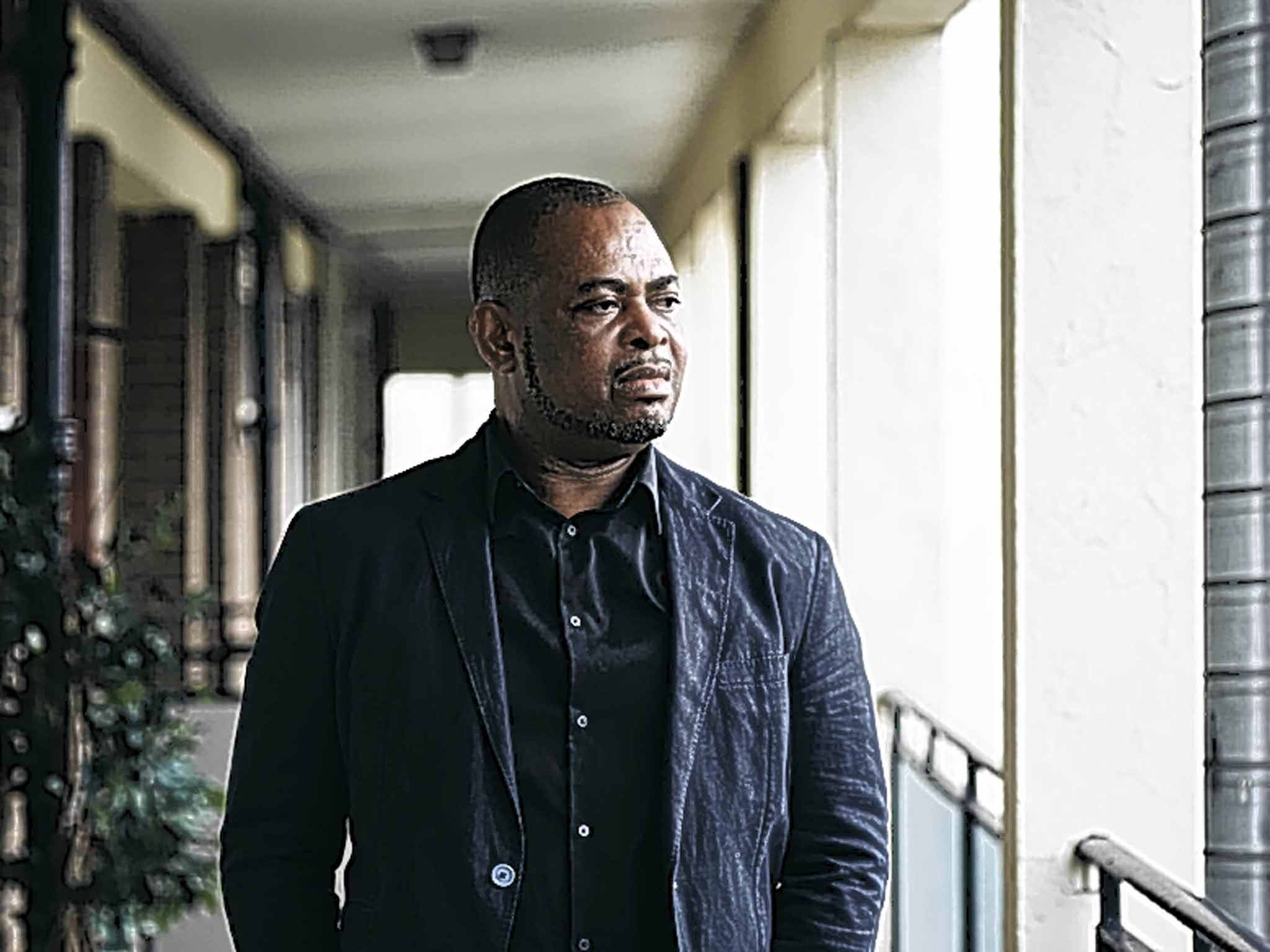The Murder Detectives, Channel 4 - TV review: Praise for the police but it's a mother's grief that will linger in the mind
The style was filmic: the setting was a bleached, gritty-looking Bristol, officers moved in slow motion, and a tension-building score helped to give proceedings an unreal feel

Your support helps us to tell the story
From reproductive rights to climate change to Big Tech, The Independent is on the ground when the story is developing. Whether it's investigating the financials of Elon Musk's pro-Trump PAC or producing our latest documentary, 'The A Word', which shines a light on the American women fighting for reproductive rights, we know how important it is to parse out the facts from the messaging.
At such a critical moment in US history, we need reporters on the ground. Your donation allows us to keep sending journalists to speak to both sides of the story.
The Independent is trusted by Americans across the entire political spectrum. And unlike many other quality news outlets, we choose not to lock Americans out of our reporting and analysis with paywalls. We believe quality journalism should be available to everyone, paid for by those who can afford it.
Your support makes all the difference.The schedules are never short of police procedurals. The Murder Detectives, on first watch, could be another stylised cop drama. Yet this three-parter –to air on consecutive nights this week –follows a real murder case, from the fatal stabbing to a conviction. It's an observational documentary shot over 18 months, in the style of a drama and the result lingers in the mind longer than fiction.
The first instalment followed events after the fatal stabbing of 19-year-old Bristol teenager Nicholas Robinson and documented the first days of the investigation. The access given to Bafta-winning director David Nath's team was remarkable; from the initial 999 call made by the dying victim to the daily briefings, press conferences and suspect interviews that followed. The style was filmic: the setting was a bleached, gritty-looking Bristol, officers moved in slow motion, and a tension-building score helped to give proceedings an unreal feel. Yet, the makers of the programme have pedigree in telling human stories (Great Ormond Street, Charlie Hebdo: Three Days that Shook Paris) and there was much of that in evidence, not least Nicholas's mother's raw grief: “One word: why, why would someone want to hurt Nicholas? He's so harmless.” There was no script for her.
For viewers like me not familiar with police investigations, there were some surprises, like the sheer number of dishevelled, knackered officers working on the job 24/7. They made mistakes, too. At one point they convinced themselves and us that they had their man but then his alibi stood up. The twist at the end of the hour provided a motive: a gun, or lack of. You could make this stuff up, and they do, but real life always gets in the way.
Join our commenting forum
Join thought-provoking conversations, follow other Independent readers and see their replies
Comments